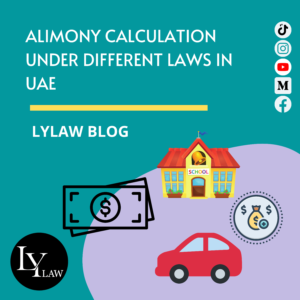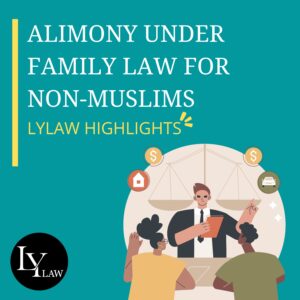
The United Arab Emirates has certain custody laws, which are highly based on Islamic law, especially regarding the religious orientation of the children.
The article below discusses the conditions in which a mother may be deprived of custody of her children due to her religion being different from that of the children under the U.A.E. Personal Status Law, Federal Law No. 28 of 2005.
KEY PROVISIONS OF THE U.A.E. PERSONAL STATUS LAW
Article 144 and 145: Religion and Custody
- Article 144. The custodian, whether female or male, must be of the same religion as the child.
- Article 145. This article also reaffirms that a mother of a different religion will forfeit custody; the normal exception being up until the age of five, which is left to the discretion of the judge.
Practical Consequences
This law predominantly affects Muslim children. According to U.A.E. law, a child is considered Muslim if the father is Muslim, irrespective of the mother’s religion. Thus, a non-Muslim mother (e.g., Christian or Jewish) married to a Muslim man may face custody challenges if they divorce.
Detailed Breakdown of the Law
Article 142. Fostering is defined here as the safekeeping, education, and care of the child, provided such services do not clash with the tutor’s right of tutelage.
Article 143. In addition, the characteristics to be fulfilled by a fosterer include sound judgment, maturity, fidelity, capacity to care for the child, absence of contagious diseases, and a clean record without previous or current penal charges.
Article 144. These conditions are then elaborated upon:
- For women: Not being married to a man unrelated to the fostered child unless the court decides otherwise and being of the same religion as the child.
- For men: Having a woman able to foster, being closely related to a fostered girl, and being of the same religion as the child.
Article 145. A mother loses custody if she is of a different religion than the child, unless a judge decides otherwise until the child is five years old.
Custody Scenarios
- Marriage and Divorce: An interfaith marriage of a non-Muslim woman and a Muslim male is treated as a Muslim marriage. The children are construed as Muslims, and if the marriage breaks up, child custody is denied to the mother unless she embraces Islam or the court gives her interim custody until the child attains the age of five years.
- Judicial Discretion: The law allows judges to use their discretion in the child’s best interest. This provision allows for some flexibility but is usually limited to the early years of the child’s life.
Conclusion
The Personal Status Law of the U.A.E. reflects the commitment of the country to Islamic principles, especially in the religious upbringing of children. Knowledge of these laws is important for parents in interfaith marriages, especially when divorce is involved.
For non-Muslim mothers, this knowledge of these legal provisions is important and, hopefully, will helpfully consider all custody issues and allow for the best possible result for their children.
For more specific legal counsel and advice, a legal professional should be consulted—one that has experience with U.A.E. family law—who can provide an idea regarding the specific circumstances and pursue any and all legal options available to one’s situation.






